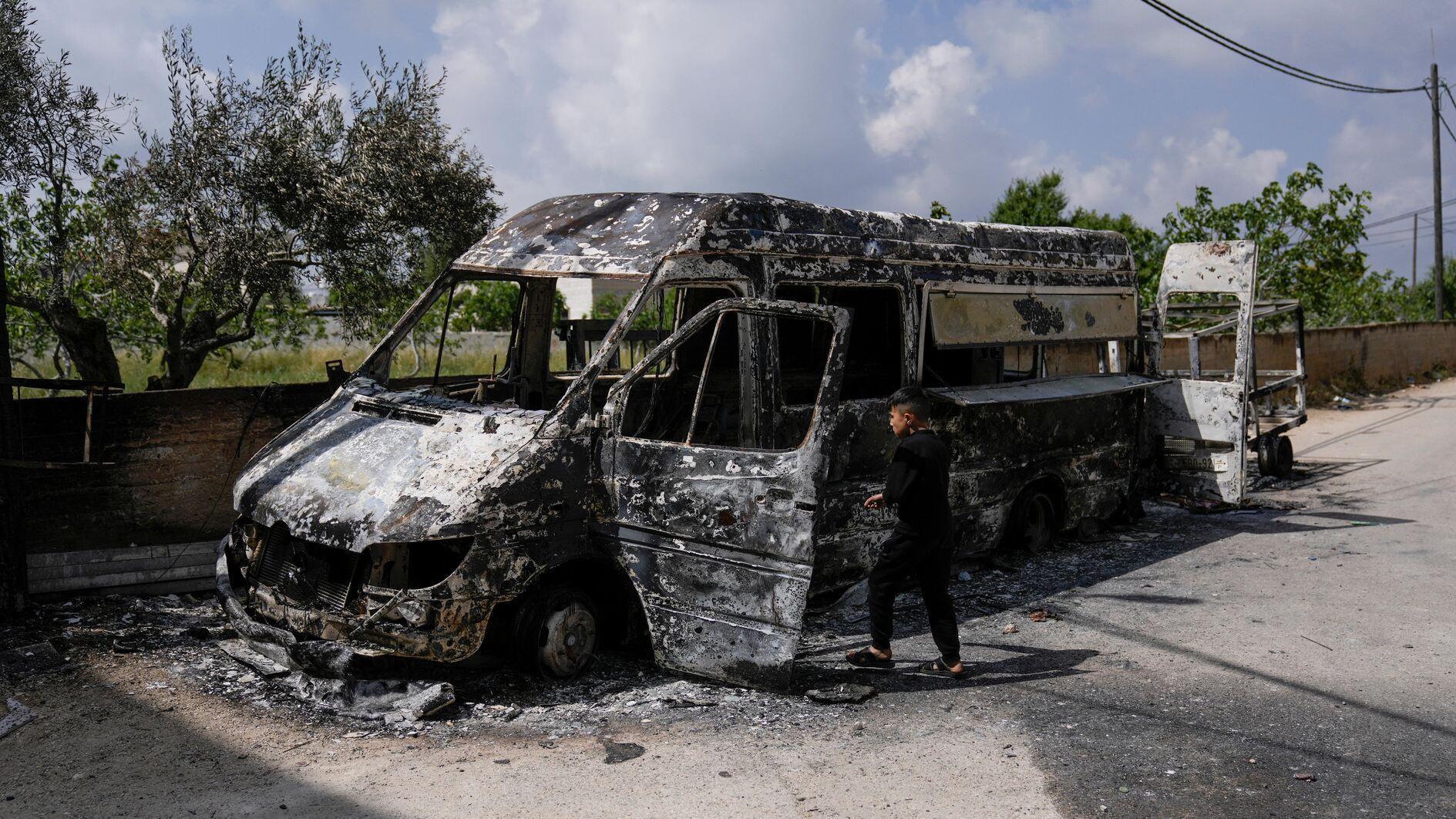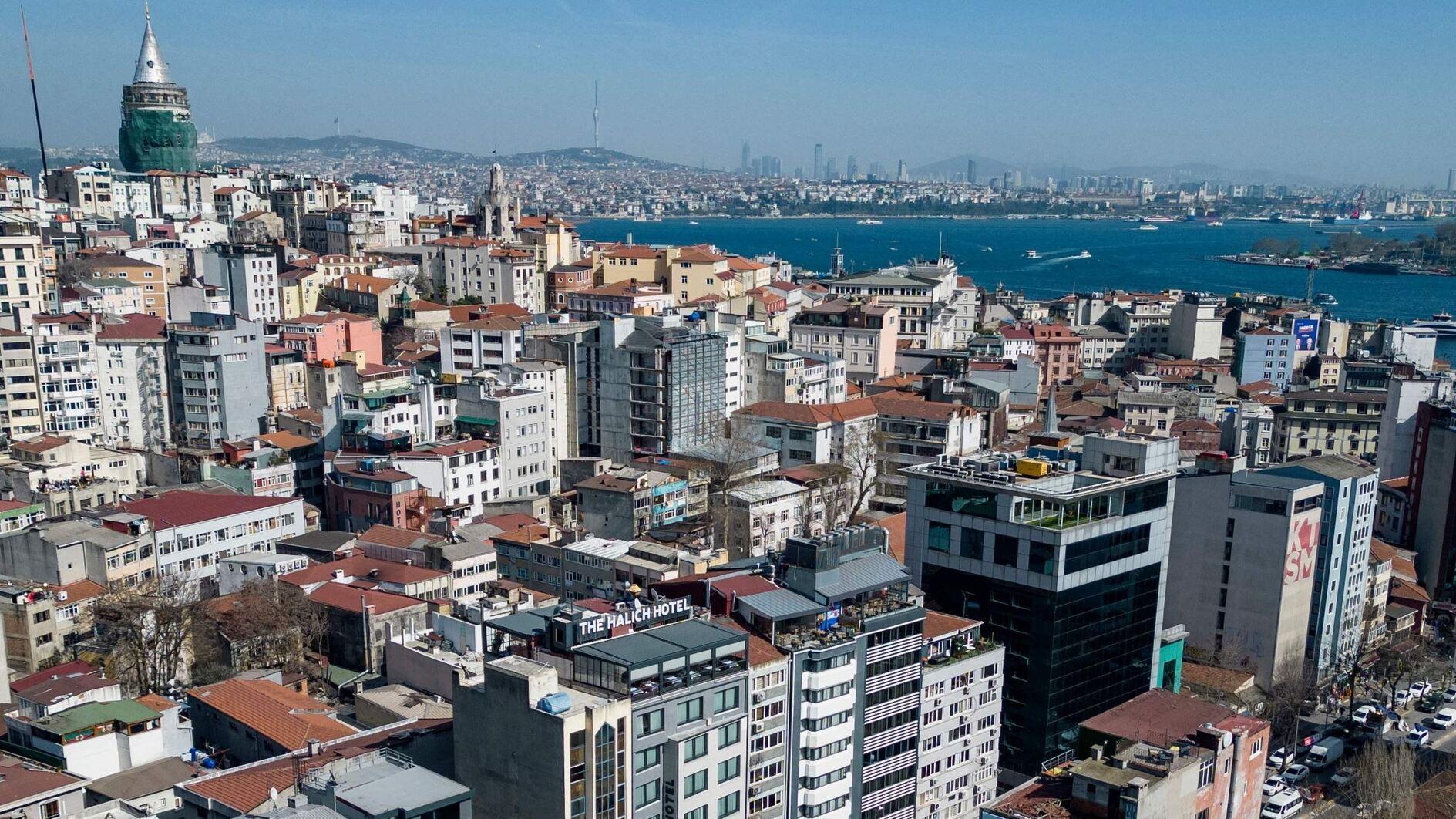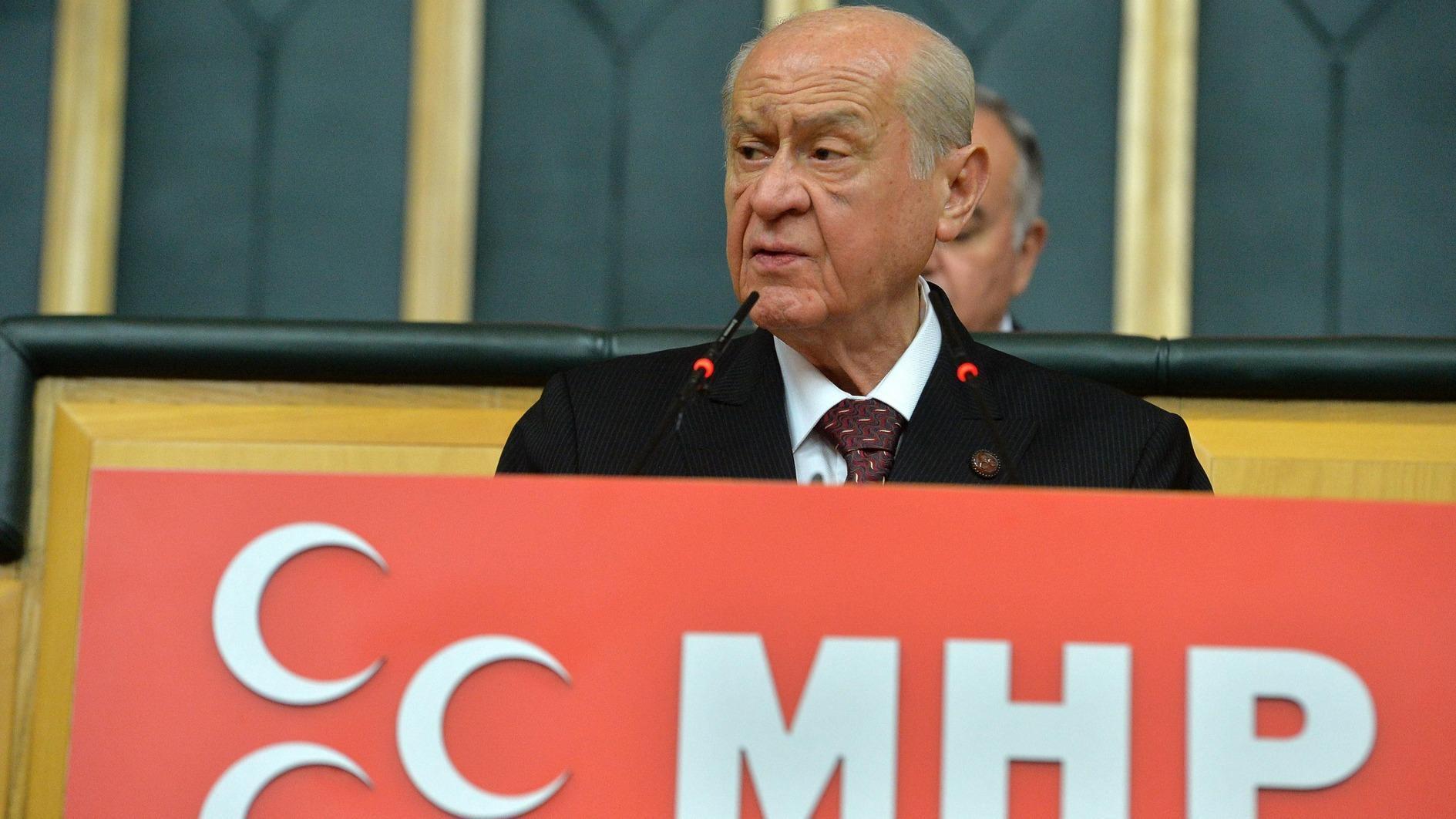Erdoğan’s rhetoric towards al-Qaeda
On his return from his trip to Spain on Nov. 28, 2012, Prime Minister Recep Tayyip Erdoğan was uncomfortable about the questions journalists asked him about the Syrian opposition’s radicalization.
The prime minister had answered “nonsense” to a journalist who said that “radical movements” were being talked about. The journalist said, “The existence of al-Qaeda is being mentioned,” which Erdoğan brushed off, saying, “al-Qaeda is not known in Syria. There will be no such thing as al-Qaeda once the opposition meets a decision.”
Erdoğan was tempted to perceive the debates on al-Qaeda’s existence in Syria as Bashar al-Assad’s propaganda. For example, referring to al-Assad, Erdoğan had said, “he is trying to mislead by naming the people opposing him as al-Qaeda or terrorists,” during the Africa tour he took this past January. (Gabon, Jan. 7, 2013)
***
The picture that is before us in the same region around 10 months after these speeches is that radical Islamist groups like al-Qaeda and the al-Nusra Front, which is at the same level as al-Qaeda, have gained a substantial area of hegemony in Syria. They are even bordering Turkey at some points. Of these, the organization called the “Islamic State of Iraq and Greater Syria” (ISIS) did not hesitate in threatening Turkey, after Turkey shut down its Öncüpınar border gate as a result of ISIS’s conquest of the Azaz village of Syria just six kilometers away from Kilis two weeks ago.
The strengthening of al-Qaeda and its extensions has recently resulted in some moderate religious groups within the Free Syrian Army (FSA) breaking from the main opposition and choosing to share a common fate with the radical organizations under the Islamic umbrella. In this respect, the opposition is divided into two: Those favoring the West, on the one hand, and radical Islamists on the other.
Besides, al-Qaeda videos, which show inhumane practices and are available to view on YouTube, are significantly eroding the international support toward the Syrian opposition. In short, while the efforts for a solution are moving toward a political rather than a military one, it is being perceived that especially the north of the country is about to turn into a second Afghanistan.
***
The irony is that Turkey provided important support to these groups’ transition to Syria and other activities, with the perception that “the end of toppling al-Assad justifies the means.” A significant breaking point that led to the questioning of this support was during the visit Erdoğan paid to the White House this past May. President Barack Obama made it clear to Erdoğan that he expected the prevention of the passing of radical groups into Syria. As a result, in the press conference at the White House garden, Erdoğan said, “It is the utmost concern to avoid Syria from becoming a playing field for terrorist organizations.”
Another breaking point was the attack on the Turkish Embassy in Somalia’s capital Mogadishu on July 27, by the al-Qaeda linked al-Shabaab organization. With these latest developments, we perceive that the government’s rhetoric toward al-Qaeda has started to stiffen. This change coincides with a time when the West has started to think that Turkey is backing al-Qaeda in Syria.
***
In fact, Erdoğan signaled this kind of rhetoric for the first time at his speech on Aug. 30, in which he emphasized that he was “against all kinds of extreme ends” by mentioning the names of al-Qaeda and the al-Nusra Front. Erdoğan made a strong statement in Denizli this weekend after al-Shabaab’s attack in the Kenyan capital of Nairobi on Sept. 21, in which 68 people died.
But Erdoğan’s statement on al-Qaeda, which he made at the Organization for Economic Co-operation and Development (OECD) meeting in Istanbul the other day, may be his strongest rhetoric as of yet: “I would like to call upon the whole world. I strongly condemn all terrorist actions no matter what the source, the reason and the methods are. Attacks on innocent people, children, women, killing or injuring them do not have a place in any belief, ideology or perception, there cannot be. If al-Assad in our neighboring country Syria is the one who kills the innocent and the children, he is the greatest villain. The organization, whether it’s named this or that, is no different from al-Assad if it kills innocent and children. Its name is Muslim … But no, there are no terrorists in Islam, whether they are al-Qaeda or this or that … We condemn and damn all of them.”
Now the situation is as follows: On what scale will this strong verbal position actually be implemented, for example on the Turkey-Syria border.











